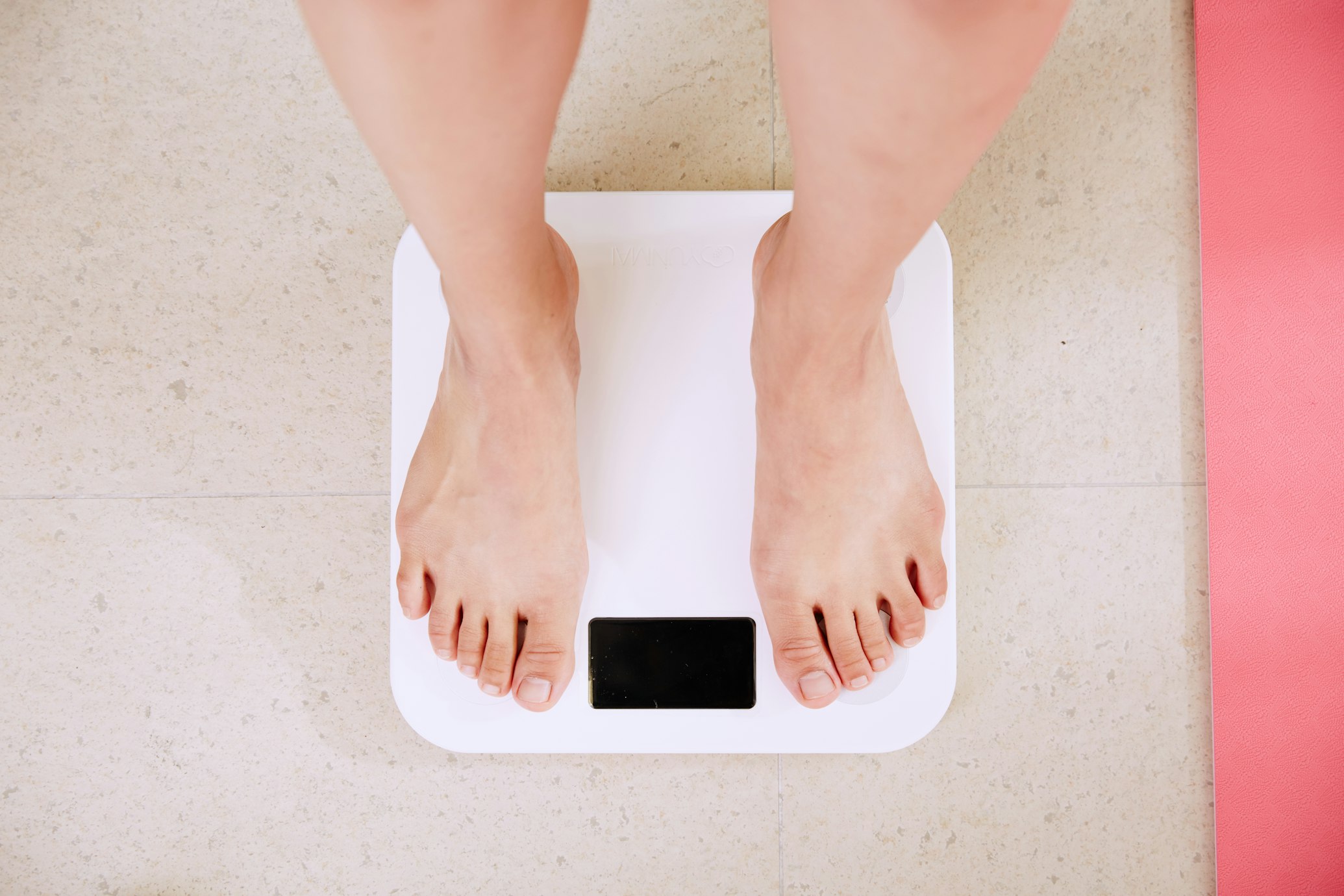How Many Calories Should You Eat to Lose Weight?
Discover the science behind calorie deficit and how to calculate the right amount for your body.
Discover the science behind calorie deficit and how to calculate the right amount for your body.

Losing weight is often simplified to one key concept: calories in vs. calories out. While it’s true that maintaining a calorie deficit is essential for weight loss, figuring out exactly how many calories you should eat can be more complex than it seems.
In this article, we’ll break down the science, give you a step-by-step method to estimate your calorie needs, and provide practical examples to help you stay on track.
A calorie deficit occurs when you consume fewer calories than your body needs to maintain its current weight. When this happens consistently, your body turns to stored fat for energy — leading to weight loss.
To lose roughly 0.5 kg (1 lb) per week, you need a deficit of about 500 calories per day. This is because 1 kg of body fat contains approximately 7,700 calories.
Your TDEE (Total Daily Energy Expenditure) is the number of calories you burn each day, including basic functions (BMR) and physical activity.
You can estimate your TDEE using our TDEE Calculator or by multiplying your BMR by an activity factor:
Example: If your BMR is 1,400 and you’re moderately active → TDEE = 1,400 × 1.55 = 2,170 calories/day
Once you know your TDEE, reduce it to create a deficit:
Note: Don’t go below 1,200 (women) or 1,500 (men) calories/day.
Recalculate every few weeks. As you lose weight, your TDEE drops. Track your progress using tools like our Meal Calorie Calculator.
Sarah, 30, sedentary: TDEE = 1,680 → Eat 1,180–1,400 calories/day
Ahmed, 40, active: TDEE = 2,790 → Eat ~2,290 calories/day
Exercise helps preserve muscle while you lose fat. Even a brisk 30-minute walk burns ~150–200 calories.
Start with a realistic deficit. Track your progress. Adjust as needed. Or get your personalized plan with our Weight Loss Calculator.

Discover the science behind calorie deficit and how to calculate the right amount for your body.

Understand the difference between your resting metabolic rate and daily energy expenditure.

Learn how to lose fat while maintaining lean body mass with the right protein and workout approach.

Use our hydration tips to calculate your daily water needs and stay energized all day.

BMI can be helpful—but not perfect. Find out how to interpret your results accurately.

Whether for weight loss or muscle gain—get the exact grams your body needs.

Is skipping meals really healthy? Science says yes—if done correctly. Learn more.

Save time and burn fat with easy-to-follow meal prep strategies for busy lifestyles.

Are all calories equal? Discover how protein, carbs, and fats affect your body differently.

Walking is powerful. Learn how far you need to go to reach your fitness goals.

Weight changes? Workout routine updated? Here’s how to update your daily calorie needs.

Still stuck? Learn about metabolic adaptation and how to break through plateaus.